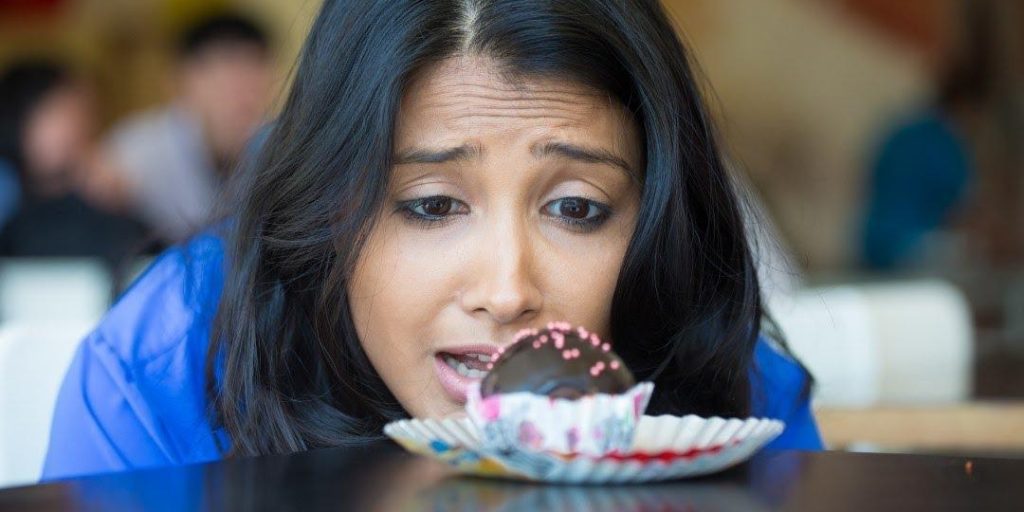Emotional vs. Physical Hunger
Emotional vs. Physical Hunger
by Claire Allen, RD
It is no secret that 2020 has brought with it a magnitude of unforeseeable challenges and stress. For some individuals, they have also noticed an increase in their waistline. As you reflect on your eating patterns, it is important to recognize if your reason for eating is EMOTIONAL or PHYSICAL HUNGER.
Emotional and physical hunger can feel identical, unless you’ve learned to identify their distinguishing characteristics. The next time you feel hungry, look for these signals that your appetite may be based on emotions rather than true physical need. This awareness may head off an emotional overeating episode.
EMOTIONAL HUNGER
- Is sudden. One minute you’re not thinking about food, the next minute you’re starving.
- Is for a specific food such as chocolate, chips or a cookie. A healthy alternative such as an apple or carrots will not suffice.
- Is “above the neck.” An emotionally based craving begins in the mouth and mind. Your mouth wants to taste that pizza or cookie. Your mind whirls with thoughts about your desired food.
- Is urgent. Emotional hunger urges you to eat NOW to instantly ease emotional pain with food.
- Is often paired with an upsetting emotion.
- Involves automatic or absent-minded eating or drinking, such as snacking on popcorn while watching TV or having a glass of wine to “calm down” at the end of the day.
- Does not notice fullness cues.
Feels guilty about eating. The paradox of emotional eating is that the person eats to feel better and ends up berating oneself for eating cookies, cakes, or cheeseburgers.
PHYSICAL HUNGER
- Is gradual. Your stomach rumbles. One hour later, it growls. Physical hunger gives you steadily progressive clues that it’s time to eat.
- Is open to different foods. With physical hunger, you may have food preferences, but you are open to alternative options.
- Is based in the stomach. Physical hunger is recognizable by stomach sensations. You feel gnawing, rumbling, emptiness in your gut.
- Is patient. Physical hunger would prefer that you ate soon, but doesn’t command you to eat at that instant.
- Occurs out of physical need. You may experience lightheadedness or low energy if overly hungry.
- Involves deliberate choices and awareness of the eating.
- Stops when full. Physical hunger stems from a desire to fuel and nourish the body. As soon as that intention is fulfilled, the person stops eating.
- Realizes eating is necessary. When the intent behind eating is based in physical hunger, there’s no guilt or shame.
Interested in learning more about how to curb your food cravings? Our comprehensive team is here to assist you with behavior change and aid you on a path to a healthier lifestyle. Call today at 224-407-4400 or reach out online at www.compgihealth.com
#weightmanagement #emotionaleating
Source: Virtue, Doreen. Constant Craving A-Z. (Carlsbad, CA: Hay House, 1999).

